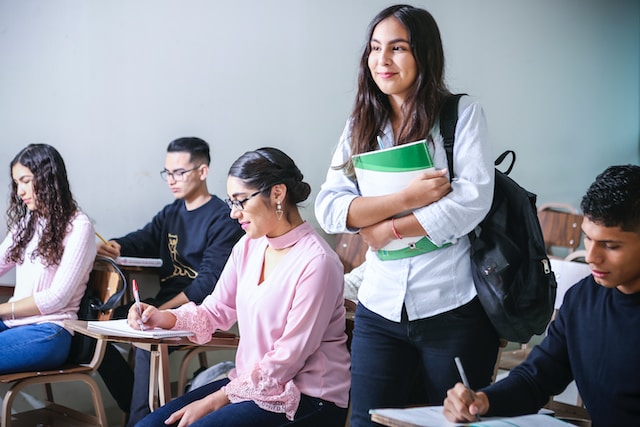Introduction: A thought-provoking lawsuit has cast a spotlight on the limitations imposed on books within a Florida school district, igniting a broader conversation about the importance of fostering creativity and intellectual exploration among students. This article delves into the details of the lawsuit, explores the arguments put forth by both sides, and examines the potential
Introduction:
A thought-provoking lawsuit has cast a spotlight on the limitations imposed on books within a Florida school district, igniting a broader conversation about the importance of fostering creativity and intellectual exploration among students. This article delves into the details of the lawsuit, explores the arguments put forth by both sides, and examines the potential impact on students’ imagination and learning experiences.
1. Challenging Book Limitations:
A recent lawsuit has challenged the book limitations imposed by a Florida school district, arguing that these restrictions hinder students’ ability to unleash their creativity and fully engage with diverse ideas and perspectives. The plaintiffs contend that by curbing access to certain books, the district is stifling the development of critical thinking skills and dampening students’ imaginative potential.
2. Nurturing Creativity Through Literature:
Proponents of the lawsuit argue that unrestricted access to a wide range of books is vital for nurturing creativity among students. They believe that exposure to diverse narratives, characters, and themes allows young minds to explore new possibilities, challenge existing notions, and develop their own unique perspectives. They stress the importance of providing students with the tools to think independently and express their creativity freely.
3. The Case for Book Limitations:
Defenders of the district’s book limitations maintain that their policies are intended to protect students from potentially objectionable or age-inappropriate content. They argue that the restrictions are in line with community standards and serve as a safeguard against controversial materials that may not align with certain values or beliefs. However, critics contend that these limitations can inadvertently hinder students’ intellectual growth and narrow their understanding of the world.
4. Impact on Imagination and Learning:
The lawsuit raises important questions about the impact of book limitations on students’ imagination and learning experiences. Advocates for greater literary freedom argue that exposure to a diverse range of books enables students to develop empathy, broaden their perspectives, and foster creativity in problem-solving and critical thinking. They emphasize the need to create an environment that encourages exploration and independent thought.
5. The Broader Implications:
Beyond the specific Florida school district, this lawsuit highlights broader concerns about intellectual freedom and the role of literature in education. It prompts a wider discussion about how schools can strike a balance between protecting students and nurturing their creativity and intellectual development. The outcome of this case could have far-reaching implications for educational institutions across the country, potentially influencing policies regarding book selections and limitations.
Conclusion:
The lawsuit challenging the book limitations in the Florida school district opens up a dialogue about the crucial role of literature in nurturing creativity and encouraging intellectual exploration among students. As the legal battle unfolds, it prompts us to reflect on the significance of providing unrestricted access to a diverse range of books and empowering students to think critically, express their creativity, and engage with the world in meaningful ways. This case serves as a reminder of the immense value of literature in shaping young minds and underscores the need to prioritize the unleashing of creativity in educational environments.

















Leave a Comment
Your email address will not be published. Required fields are marked with *